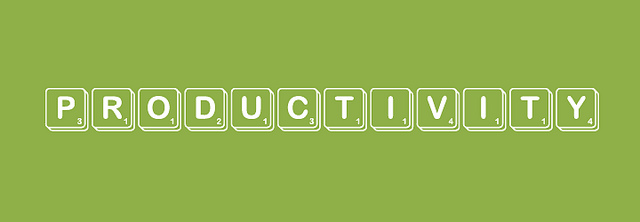
- Create co-goals for your performance reviews:
Make a plan that’s good for you and the company. Be proactive. Show up to the meeting with your supervisor with a prepared list of objectives for 2015. Your plan should include personal and professional development, such as attending one industry conference annually. This would be something beneficial to you (new contacts!) and the company (expanding your professional network).
http://www.fastcompany.com/3040187/how-to-survive-your-annual-performance-review
- Set goals at the start of the meeting and manage perception gaps:
When it comes to a Perception Gap, clarity is the best defense. So make it a habit to reach out to people in the moment, or soon after the fact and ask, “Here’s how I intended that message to be understood…how did you receive it?” This requires strong self-management, so be sure that you’re open and ready for the answer to your question, whatever it may be. For example, your intention may have been to effectively get through the agenda in 45 minutes, so that everybody can leave work on time. Yet the feedback suggested you were curt and abrupt. While this feedback may have triggered an emotional response in you, a self-aware leader will thank the person for her feedback, accept the feedback, ask some clarifying questions and aim to minimize the gap in future meetings. Here are some specific tips for preventing Perception Gaps.
http://www.huffingtonpost.com/anne-loehr/why-communication-fails-a_b_5627692.html
- Stop being the best on in the room:
Yes, it feels good to be good at something. To be the teacher’s pet. To dance at the front of your Zumba class. To hang out with people who admire you. To be the most responsible person at a party, or the most well-adjusted couple in your social circle. It feels good. But it won’t kick your ass. And an ass-kicking produces results faster than an ego-stroke.
- How to work for a stressed out boss:
Here’s the deal: The last thing an overwhelmed boss wants is a three page email from you describing every detail of a project that’s either not something that he’s asked for or is more than he or she needs. When you’re working with someone who is stretched extremely thin, you need to give them exactly what they want. More is less.
http://lifehacker.com/how-to-effectively-work-for-a-stressed-out-boss-1676502440
- How to make difficult conversations easier. How to deal with an office blow out:
http://www.bakadesuyo.com/2014/12/difficult-conversations/


